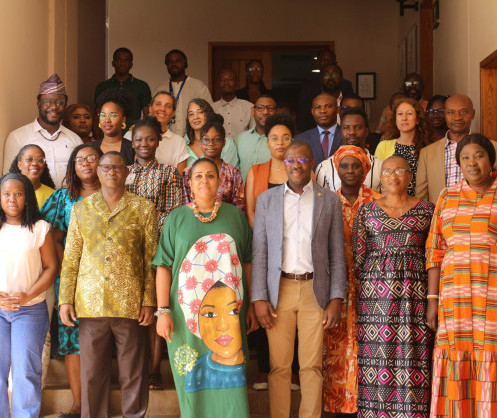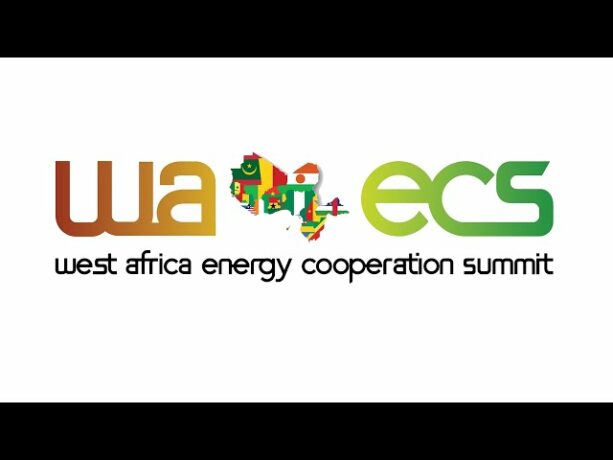
This validation workshop brought together all ECREEE staff with the participation of a delega-tion from the ECOWAS Centre for Gender Development (CDCG)
The ECOWAS Centre for Renewable Energy and Energy Efficiency (ECREEE) held a validation workshop for the ECREEE 2023-2027 Gender Mainstreaming Strategy and Action Plan Report the 9 May 2024 in Praia. This activity supported by GIZ as part of Program Promoting a Climate-friendly Energy Market in West Africa (ProCEM-II).
This validation workshop brought together all ECREEE staff with the participation of a delega-tion from the ECOWAS Centre for Gender Development (CDCG) led by its Director and the Gen-der focal point of the ROGEAP project.
The workshop’s main objective was to validate the ECREEE’s 2023-2027 Gender Strategy and Action Plan among the major stakeholders, which included experts, and advocates in the fields of renewable energy and gender equality. The event also provided a chance to promote awa-reness and train ECREEE and Gender Focal Point staff.
At the opening ceremony, the executive director of ECREEE, Mr. Francis Sempore, emphasized the importance of mainstreaming gender considerations into energy policies and projects, un-derscoring that gender equality is not just a matter of social justice; it is also critical for achieving sustainable development and maximizing the impact of renewable energy and ener-gy efficiency initiatives.
Mrs. Sandra Oulate, director of the ECOWAS Centre for Gender Development (CDCG), expressed the full commitment of the Centre to support ECREEE in implementing its Gender Mainstreaming Strategy and Action Plan at the regional level, as the document translates the commitment of ECOWAS in promoting gender sensitive policies and initiatives.
The workshop served as a platform for stakeholders to provide valuable insights, feedback, and recommendations to enhance the effectiveness and relevance of the Gender Mainstreaming Strategy. Participants engaged in lively discussions, sharing best practices, success stories, and innovative approaches to advancing gender equality within the renewable energy sector.
A report was pre-approved by the National Gender-Energy Focal Points of the Ministries of Energy of ECOWAS Member States during an online workshop on 8 May 2024.



